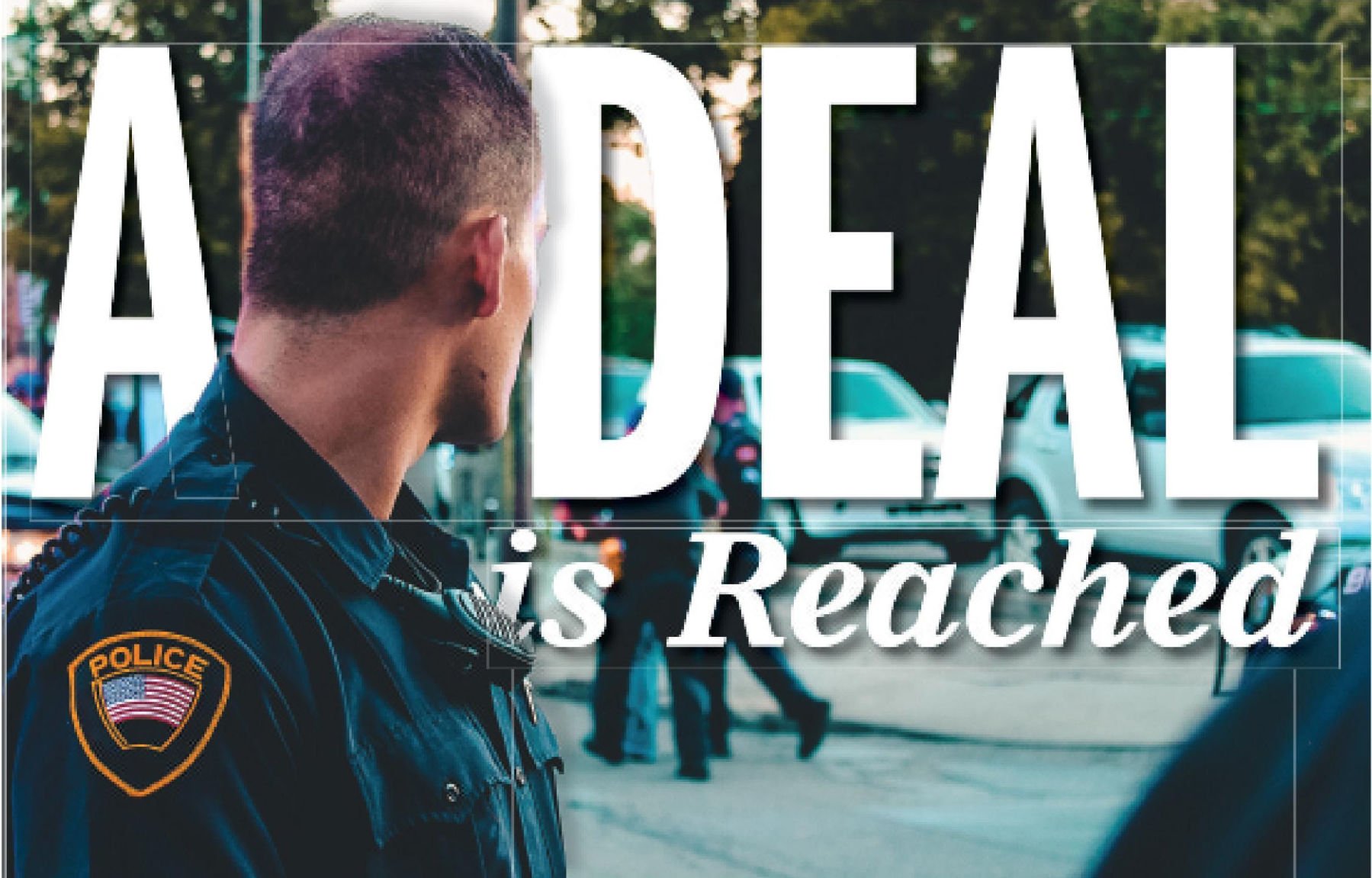
A DEAL is Reached
December 13, 2018
LSU SEASON AN UNQUESTIONED SUCCESS
December 13, 2018Miserable. In a word, that’s the best description we can muster for the voter turnout in Saturday’s election.
In Terrebonne Parish, using a parish-wide recreation tax as a measure, only 11 percent of eligible voters turned out to make their choices known. Other elections in Terrebonne were for tax renewals in two lighting districts and one school district runoff.
Low turnout for off-cycle and off-year elections is not unique to Terrebonne Parish, the Bayou Region or Louisiana. Voter apathy is an unfortunate fact of life in any democratic system, ours included. While we lament that so few of our neighbors came out to vote or took advantage of the early-voting option, it is not our purpose to rap knuckles. We are merely stating a fact.
That having been said, other lessons appear to have been learned from this election, which point to loftier issues and ideals than might normally be discussed after a vote has been taken.
In November, when voters were tasked with approving a 1/2 cent sales tax for the Sheriff’s Office — or not — the turnout was respectable for an off-year, and officials commented on the high level of interest. This was understandable, because great pains had been taken to get the message out by those who supported it. In particular the Sheriff’s Office, as well as the Terrebonne Parish School Board, pushed for participation. Even the Terrebonne Parish Council, despite demurer from at least one member, passed a resolution supporting a call to voters for making their voices heard, whatever their particular views on the tax.
Encouraging voters to make their way poll-ward is nothing new. Anytime a vote furthers the goals of a given government agency the get-out-the-vote drum’s tattoo is sounded.
But this is not universal.
Any number of taxing propositions that are in many ways routine, such as this past week’s lighting district and recreation tax votes, get no booset from public officials. It is no secret, based on recollections of people who have in the past served on local boards with various missions, as well as some statements made privately by those who currently serve, that the democratic process could be a double-edged sword for some pretty important services.
Apprehension and in some cases misunderstanding on the part of voters could derail important funding sources for important projects. Particularly in the current anti-tax atmosphere, a lot of babies could be thrown out in a large flow of bathwater. And so, in many cases, there is no impetus for bureaucrats or elected officials to encourage voters to express their views at the polling place. The recreation tax renewal approved this past week had little or no publicity. There were no explanations on government websites. There were no entreaties for voters to come out and vote. The lighting district renewals on the ballot — as indicated in today’s newspaper — were fraught with complexities that required some detailed explanation.
We acknowledge that local media — including our own publication — need to take a more energetic approach when it comes to getting out the word, presenting the facts and seeing to it that voters have greater understanding of the choices before them. But local government has a responsibility to do so as well. If a sheriff or a school superintendent can take time to address civic clubs and service organizations about the ballot measures they support and desperately wish to see passed, then government representatives can also make similar appearances and explain upcoming votes on issues that are more routine, but which affect taxpayers and property owners.
In making these suggestions we are not singling anyone out. The current parish government administration has made a notable effort in helping get public information to the public. Louisiana’s bizarre election scheme — which makes us unique in final determinations of who sits in Congress among other things — has long been in need of a reform that brings us up to speed with other states in reducing the days on which elections are held, limiting them perhaps to one primary and one final vote each year.
Government entities are required to make certain notices of upcoming elections, but the antiquated methods used are inadequate for our current information-driven society. Greater effort must be made to get the vote out, whether it is in connection with issues government wants to see in the spotlight, or those people in power would rather see just slip into approval.


